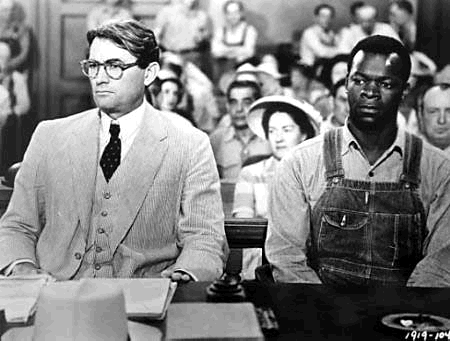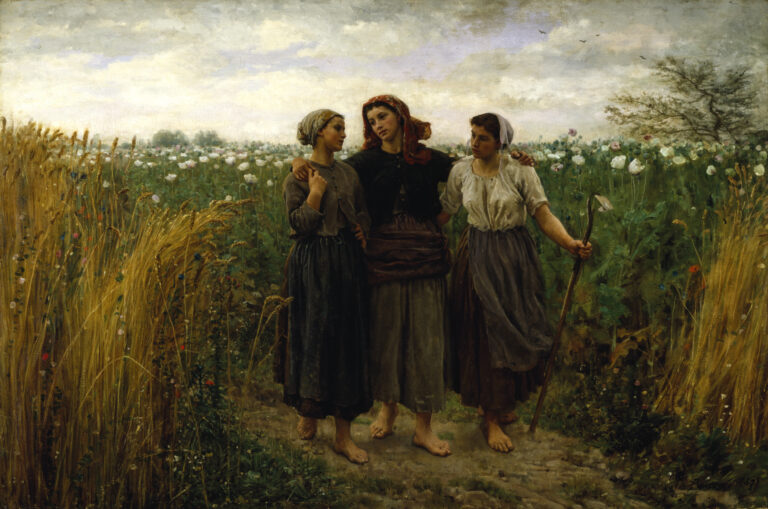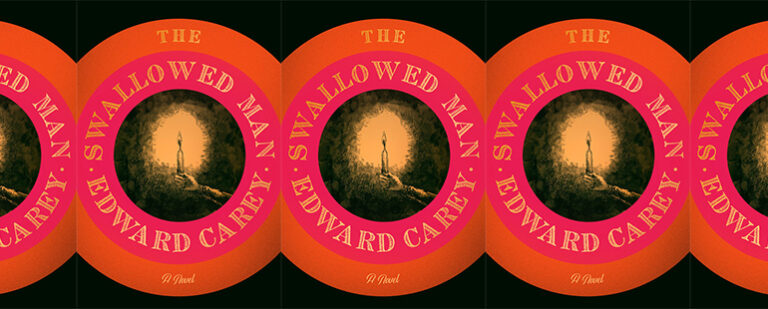Round-Down: What You Should Know Going Into GO SET A WATCHMAN
Today, July 14, is an auspicious day in literary news: Harper Lee’s much anticipated, and controversial, Go Set A Watchman is officially released across the world. An event for the record books–the title already broke the pre-order record held by the Harry Potter series and promises to break still others before the week is done—many eager readers lined up at midnight this morning to grab a copy. Die-hard fans picked up the sequel (or prequel, depending on how one looks at it) to the childhood favorite because, or perhaps in spite, of several shocking spoilers leaked in the days leading up to the worldwide official release.
In a coordinated publicity stunt, HarperCollins released the first chapter of the novel online, in the UK via The Guardian, and in the U.S. via The Wall Street Journal (owned by the same parent company as HarperCollins). Reese Witherspoon’s breathy, wry Southern voice is leant to the experience at both sites via an audio recording, and if you’re still on the fence about whether or not you want to brave a bookstore today, I recommend checking out the text at The Guardian. The colorful animation that accompanies the text as you scroll down to keep up with Witherspoon’s charming intonations lends a visceral experience to the “sneak peak” that will—even if the text itself cannot, as some reviewers caution—provide fans with the same sense of whimsical pluckiness as young Scout’s voice. The WSJ, for its part, has black and white photographs from the film version of To Kill A Mockingbird, as well as from Lee’s own life and town, accompanying the text.
It’s interesting that HarperCollins decided to release a sneak peak, given the intense security surrounding both the book’s transport to bookstores and the process of creating a Spanish edition (released simultaneously in the Americas and two days from now in Spain). Perhaps they wanted to get out there first, before leaks could happen. Or, they were looking to hook those who might be put off by early reviews. Perhaps they wanted to get in on the spirit of celebrating literature like a party–a phenomenon we haven’t really seen as a culture since the Harry Potter series (or, I suppose, if you count it, 50 Shades of Grey).
As for the actual content of the excerpt, I was shocked at the news that (spoiler alert) Jem is dead and gone without much of an explanation within the first few pages, and distressed after I learned later on that Atticus is a pro-segregationist. I was pleased, however, to discover in the excerpt that Jean Louise is as resistant to becoming a lady as ever. She ends the first chapter unsure she wants to accept a marriage proposal to Atticus’ protégée simply because she’s not sure she’s totally in love with him. Unlike the majority of the reviews I’ve seen, I’m excited for a more mature, third person narration from adult Scout.
I’ve seen several of my colleagues on social media decry that they will now be boycotting Watchman because they are distressed that Atticus is apparently pro-segregationist and therefore not at all like the TKAM character brought to life by Gregory Peck and beloved by many (mostly white readers, as Toni Morrison has pointed out) because he was supposedly decades ahead of his time in terms of his views on race.
I’m not sure if it’s living in the South that’s made me more sensitive to the ways in which paradox can rest so easily in the heart of a person, or simply my recent study of A Known World, a Pulitzer prize winning novel from 2003 that details the little known history that some freed blacks owned slaves in antebellum South, but I am ready to believe Atticus is still Atticus. I’m ready to try to understand how the defender of Tom Robinson—whose white children watched him from the segregated section of African American community members—could shock his daughter with pro-segregationist views. It helps me to remember that Lee’s own father, upon whom Atticus is said by many to be loosely based, was such a paradox of a man (he defended two black men, and, after they were hung, never tried another case; yet, he too fought against integration, as many did in the South back then, for various reasons). To boycott Lee’s new novel simply because you feel disillusioned by this “new” Atticus is tantamount to willfully ignoring our nation’s nasty history. We tend, I think, to like to believe that racists are two dimensional people with horns sticking out of their heads, but the truth is that racism exists in the very air we breathe, the legacy we inherited and have no hopes of escaping if we continue to avoid confronting it in the mirror.
Say what you will when you finish the novel. Love or hate it. I’m worried about our ability, as readers, to try to grapple with the paradox of our nation’s history—built upon liberty and justice for all, yet simultaneously built upon slave labor. It’s our unwillingness to accept that we have always been—and will continue to be, if we continue to resist this fact—a nation composed of many well-meaning, intelligent individuals who have still been blind to the ways in which their actions fly in the face of others’ fundamental, inalienable rights that is problematic.


